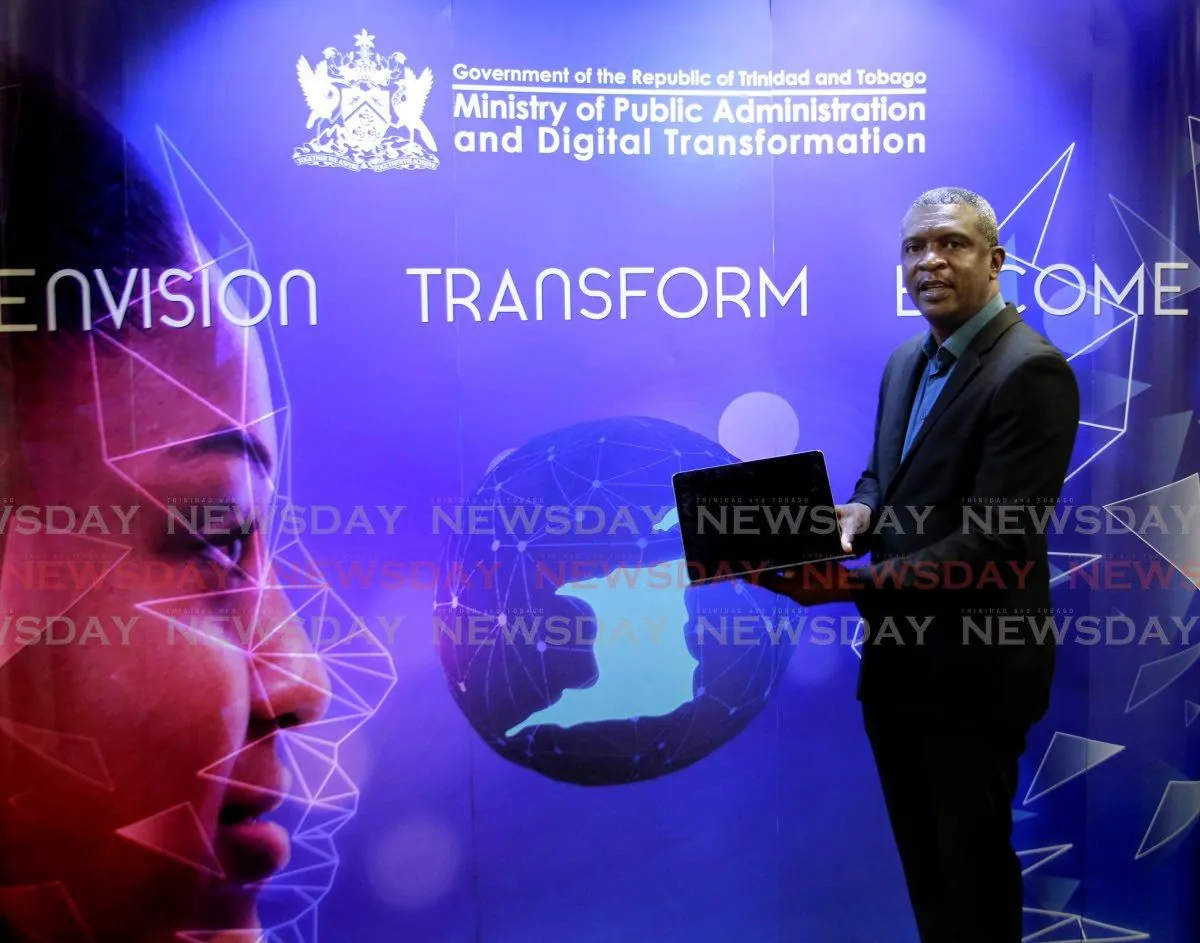India's NIPL to Develop Digital Payment System for Trinidad and Tobago
India's NPCI International expands to Trinidad and Tobago, set to build UPI-inspired digital payment platform. This move follows similar agreements with Peru and Namibia, showcasing India's growing fintech influence.

NPCI International Payments Limited (NIPL), the overseas arm of India's National Payments Corporation, has entered into an agreement with the Ministry of Digital Transformation of Trinidad and Tobago to develop a digital payments system for the Caribbean nation. This system will be modeled after India's successful United Payments Interface (UPI), which has revolutionized digital transactions in the world's largest democracy.
The new platform will facilitate both person-to-person and person-to-merchant transactions, aiming to enhance the digital economy of Trinidad and Tobago. This twin-island country, with a population of approximately 1.4 million, stands to benefit from the implementation of advanced payment technology.
India's UPI, launched in 2016, has seen remarkable growth, processing over 9 billion transactions in May 2023 alone. The system allows for instant real-time bank-to-bank payments and is interoperable between banks and fintech companies. UPI transactions are secured with two-factor authentication and allow payments using virtual payment addresses, making it a robust and user-friendly solution.

NPCI, founded in 2008, is a quasi-regulatory body under India's central bank, overseeing the country's retail payment systems. As an initiative of the Reserve Bank of India and Indian Banks' Association, NPCI has played a crucial role in shaping India's digital economy, which is expected to reach $1 trillion by 2025.
The expansion to Trinidad and Tobago is not NIPL's first international venture. Earlier in 2024, the company agreed to develop similar digital payments systems for Peru and Namibia, using UPI as a blueprint. These agreements highlight India's growing influence in the global fintech sector.
Trinidad and Tobago, which gained independence from the United Kingdom in 1962, has a high internet penetration rate of over 77%, making it an ideal candidate for digital payment adoption. As one of the wealthiest countries in the Caribbean with an economy primarily based on petroleum and natural gas, the implementation of a UPI-inspired system could further boost its economic efficiency.
NIPL is also reportedly in talks with several African and South American countries to help build their payment systems. This expansion aligns with India's goal of exporting its successful digital payment model to other nations, potentially transforming global financial transactions.
The adoption of UPI-like systems by companies such as Google and WhatsApp in India demonstrates the potential for widespread acceptance of this technology. As NIPL continues to expand its reach, it may pave the way for a more interconnected global digital payment ecosystem, with India at its forefront.


































